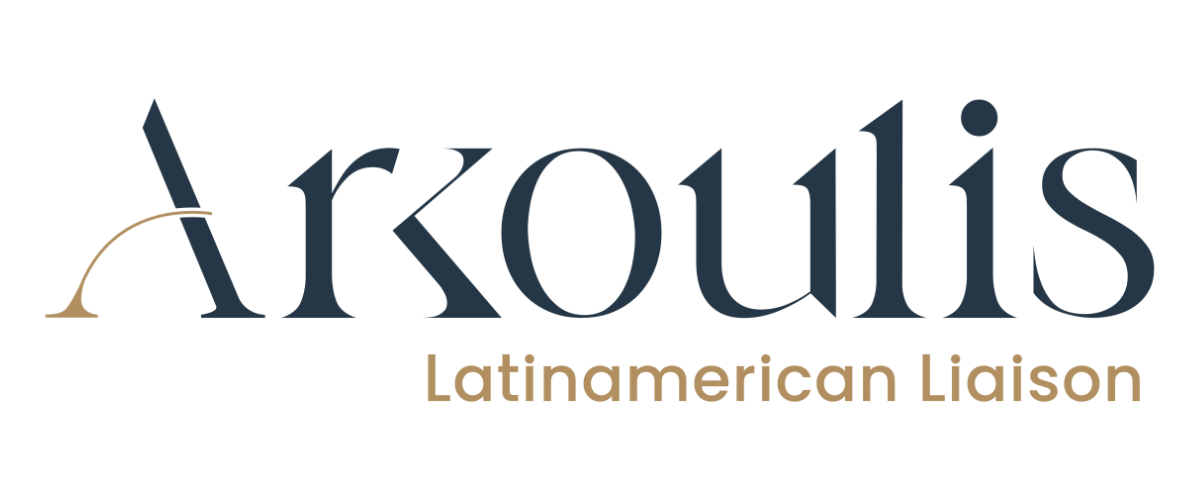Challenges related to the practice of law must focus on new ways of implementing programs that foster the administration of justice and promote the temporal common good. While it is true that the practice of law centers on conflict resolution, it also aims to implement initiatives that, under the protection of the law, safeguard and uphold fundamental guarantees and rights through instruments backed by the state, private entities, or external cooperation organizations.
With a view toward establishing channels of communication between citizens and institutions recognized as competent authorities, the opportunities offered by law aim to clarify differences and address conflicts that may arise from the denial or dismissal of a request to enforce a right—whether through a resolution, judgment, award, notification, or other legal mechanisms.
It is important to highlight that by implementing and carrying out programs designed to cultivate a culture of respect for and adherence to the law, the aspiration to achieve the temporal common good can become a reality. This underscores the need to ensure, through legal-state platforms and judicial bodies, that the practice of law serves as a tool for building legal security, harmony, and order.
The path forward lies in entrusting legal practice to human beings. Although there is much discussion about AI, social networks, and streamlined mechanisms, at the end of a legal dispute, it is ultimately two individuals—two minds—who rely on years of study and experience to devise their strategies, something that AI, even in 2025, will struggle to replicate fully.
All practices that foster respect for the law should reflect a society governed by the rule of law, one that upholds a genuine legal framework and ensures the unrestricted enforcement of regulations, rules, and codes for the benefit of society.

